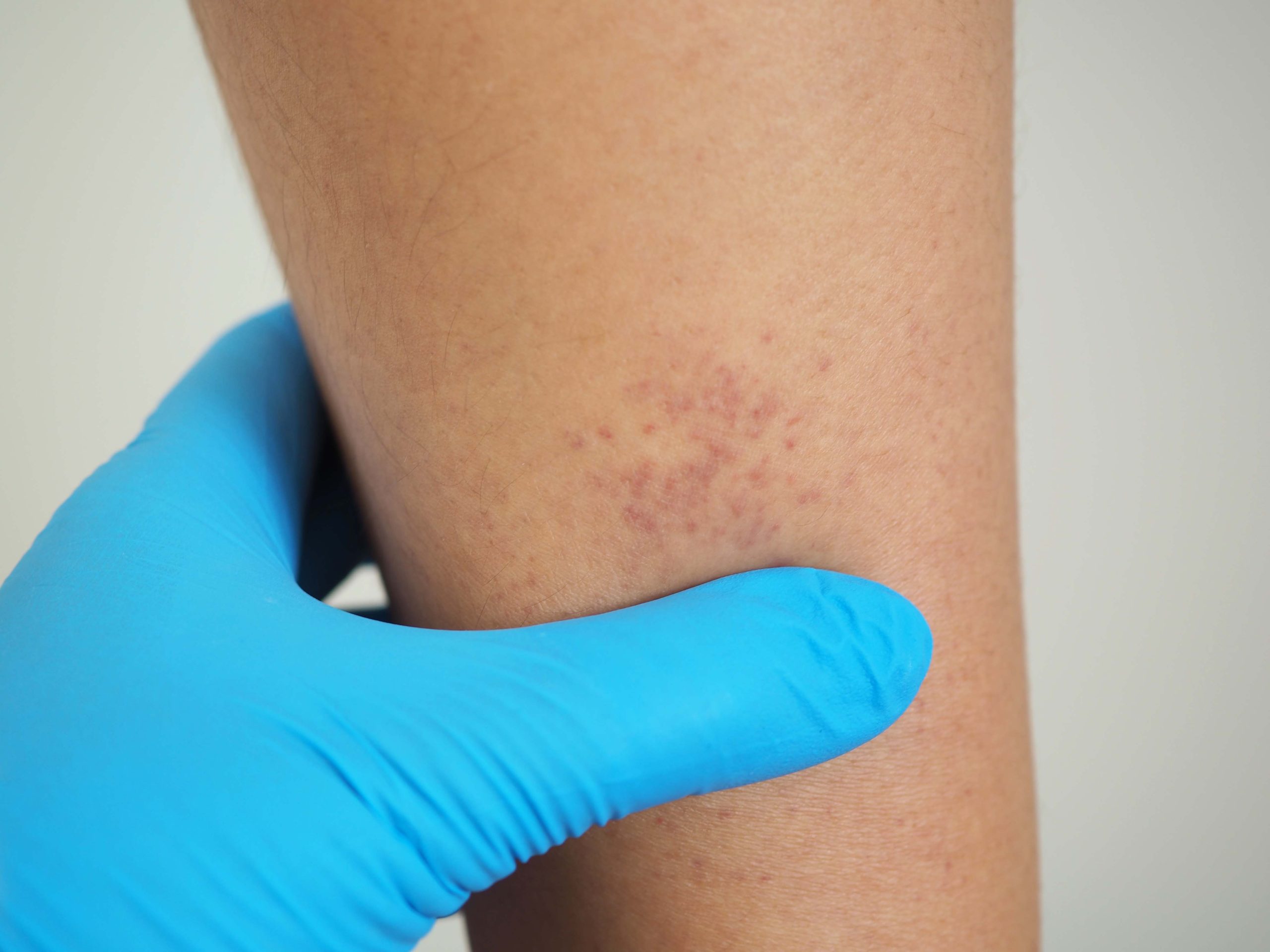
In an article in the Journal of Hematology & Oncology, Heng Mei and collaborating researchers reported results from their phase III trial on hetrombopag, a novel thrombopoietin receptor agonist, stating that “hetrombopag was superior to placebo in increasing platelet counts and reducing bleeding risk and the use of rescue therapy over the 8-week treatment period in immune thrombocytopenia (ITP) patients with an insufficient response or relapse after prior ITP treatment or splenectomy.”
The investigators further reported that platelet response was maintained with extended hetrombopag exposure during the 24-week treatment period.
The clinical trial enrolled patients with ITP who had failed previous treatment or relapsed. The participants received initial doses of either 2.5 mg or 5 mg hetrombopag, once daily, or a matching placebo. Patients in the placebo group switched to eltrombopag after completing 10 weeks of treatment while the hetrombopag group continued with hetrombopag. The primary outcome of the study was the rate of successful responses after eight weeks, defined as a platelet count of ≥50 × 109/L.
The primary endpoint was achieved by more patients in the 2.5 mg group (58.9%; odds ratio [OR] = 25.97, 95% confidence interval [CI], 9.83–68.63; p <0.0001) and the 5 mg group (64.3%; OR = 32.81, 95% CI, 12.39–86.87; p <0.0001), compared with the placebo group (5.9%). Hetrombopag produced more platelet responses and also reduced bleeding risk and use of rescue therapy throughout the treatment period. The most common adverse events at 24 weeks in the hetrombopag group were upper respiratory tract infection (42.2%), urinary tract infection (17.1%), immune thrombocytopenic purpura (17.1%), and hematuria (15%).
Overall, the authors reported that “hetrombopag was generally well tolerated, with a manageable safety profile,” and that “an initial dosage of 2.5 mg hetrombopag once daily might be appropriate for Chinese patients with ITP.”







 © 2025 Mashup Media, LLC, a Formedics Property. All Rights Reserved.
© 2025 Mashup Media, LLC, a Formedics Property. All Rights Reserved.